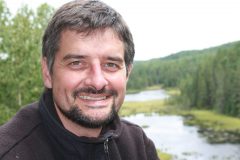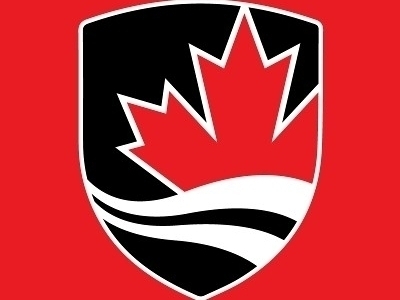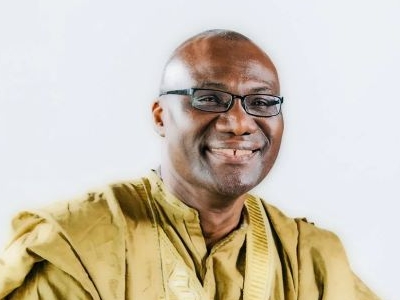This is the final article in our series on PhD alumni who are working outside academe. You can read other stories in our series by going to our Alumni Success Story archive.
 As part of his duties as a Senior Policy Advisor at the Canadian Environmental Assessment Agency, PhD alumnus John Wall (Geography, 2011) has to assimilate a large amount of information, analyze it, explore the issues and considerations that it brings up, and develop options and recommendations for decision makers — often very quickly.
As part of his duties as a Senior Policy Advisor at the Canadian Environmental Assessment Agency, PhD alumnus John Wall (Geography, 2011) has to assimilate a large amount of information, analyze it, explore the issues and considerations that it brings up, and develop options and recommendations for decision makers — often very quickly.
“If you take a step back from the specific details of your grad research to think about the organization, research, analysis, writing and communication skills that you use to succeed, you will find a very marketable set of skills,” notes Wall. “If you add some leadership or management experience as well, you have a great package to offer a potential employer.”
Wall originally decided to pursue a PhD because he felt that a PhD would give him more career options. It allowed him to pursue his research which studied the processes of co-existence between people and species-at-risk outside of protected areas.
He also enjoyed the experiential nature of the program. “I did my field work in the Bow Valley of Alberta, Ottawa Valley in Ontario and the Bay of Fundy in New Brunswick, studying interactions between people and species-at-risk. All are beautiful places with amazing people and it was a real treat to spend time there. In Atlantic Canada, I spent most days on the water with whale watching tourists and fishermen which was pretty amazing.”
He also enjoyed working with his advisor, Iain Wallace. “He was very supportive. He was very generous with introducing me to scholars in the field and encouraging me to participate in the Canadian and American Association of Geographers, and he was good at helping me manage the process of research, writing and navigating the examinations, which was very helpful. Mike Brklacich was also very supportive, whether encouraging participation in conferences, supporting the student-run radio show that we ran while I was there, or encouraging participation in decision making.”
In 2011, Wall was accepted into a federal program called Recruitment of Policy Leaders which requires a graduate degree or a law degree as one of its criteria. As the program looks for academic excellence, national leadership experience, and policy-relevant expertise, his research work in environmental policy aided his application process.
Adds Wall: “I was also exposed to the public policy and affairs expertise that Carleton is known for which helped me be well-rounded and knowledgeable about the issues that my interviewers were interested in.”
Wall points out that grad students interested in the federal government might want to consider the Recruitment for Policy Leaders program competition, as well as the Post-Secondary Recruitment Program and Federal Student Work Experience Program which typically lead to entry level positions in the federal public service. He adds that, once you are employed, you will have an opportunity to apply for many other positions, many of them not posted to the general public.
Today, Wall leads a small team of policy analysts who help interpret and apply the Canadian Environmental Assessment Act, 2012. They support the people who conduct environmental assessments and review panels, and work on approaches to improve environmental assessment in Canada.
Says Wall: “I like that I am working on important public policy issues and making a positive difference.”
For current grad students, Wall has more tips on finding employment.
- A PhD provides options for employment but it also narrows them – you can become overqualified! Academia is an obvious career path, but can be a steep and stony one in a time of changes in promotion and tenure, tough competition among graduates, and tightening budgets at universities. Industry is a great option if your field of study lends itself to commercialization. NGOs and government are looking for people with deep subject matter expertise but also with the abilities that you gain as a doctoral student.
- Keeping your options open is important – if you have some teaching and publishing experience when you graduate, academia is a possibility. If you add some practical or applied research, connections with the NGO community or policy-relevant work, then you can tailor your skills for the public, private and NGO sector, which gives you more possible niches.
Friday, May 9, 2014 in Alumni Success Stories, Grad Student Research, News
Share: Twitter, Facebook




